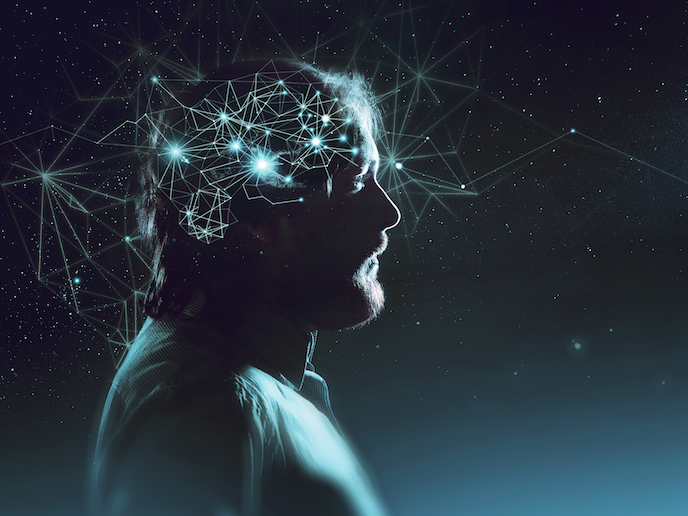Serious gaming helps people with Cerebral Palsy
Cerebral Palsy (CP) is the most common neurological disorder in children, present in approximately two in every thousand newborns, with an estimated prevalence globally of seventeen million people(opens in new window). It is a permanent disorder that affects movement and posture, limiting activity and is often accompanied by disturbances of perception, cognition, communication and behaviour. The EU-supported GABLE project created personalised, serious gaming to help those with the condition maintain and improve motor control. Studies showed that the GABLE system helped users improve balance. A beta version of the GABLE platform is already available online(opens in new window), which includes all the features co-created and evaluated with users, therapists, caregivers, parents, social workers, games developers and machine learning experts.
Bridging the gap between play and therapy
Managing and treating young people with CP is a complex and multidisciplinary endeavour. Therapy to help patients develop their motor skills and integrate into society is costly, placing an unaffordable burden on many families. GABLE grew from a previous EU-funded project, Game-Abling, which created serious games for people with severe disabilities. Similarly, GABLE sought to bridge the gap between play and therapy, helping CP patients with a lower level of disability such as CP Level I, II and III (according to the Gross Motor Function Classification scale)(opens in new window) develop their social and motor skills. Users download the GABLE games and tools, along with the software to run them, from the online platform to any laptop, desktop or smart TV (with at least Windows version 10). These devices are connected via Bluetooth to a balance board on which users stand for their movements to be monitored, while they interact with the games. GABLE platform can accommodate multiple players and can be personalised to individual abilities, using supplementary assessment tools for static and dynamic balance assessment. Artificial Intelligence (AI) can recommend users the best game settings for them, track their rehabilitation progress and help facilitate social interaction. For example, it can recommend other users to play with in multiplayer modes. Carers of people with CP also have access to tools to personalise the games to each individual’s needs, while also monitoring their progress. “GABLE uses our love of play to motivate people with CP to embrace their rehabilitation. GABLE’s exergames, which combine exercise with video games, help users not only maintain and improve their balance and overall physical health but also to socialise with others from the comfort of their homes,” says Julián Cristiano, researcher and project manager.
Wider applications
The GABLE system was tested in Ireland, Spain and Ukraine, by 246 people with CP. Seven pilot sites were used, including the International Clinic of Rehabilitation(opens in new window) and Elita Rehabilitation Center(opens in new window) in Ukraine and the Fundació L’Espiga(opens in new window) in Spain. User feedback confirmed the value of using a standard, low-cost, balance board as an input device for improving visual motor coordination, along with the use of multiplayer games to provide social interaction and participation. The team is seeking investment to further develop the system by extending current functionalities and identifying new input devices complementary to the balance board, which could expand potential use of the system. “GABLE’s results highlight the need for more research into using serious games for the rehabilitation of people not only with CP but for other physical therapy needs in areas such as neurology, orthopaedics and geriatrics. Future clinical validation will help identify new features useful for both patients and therapists,” says Cristiano.







